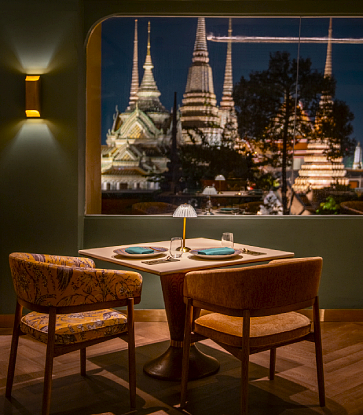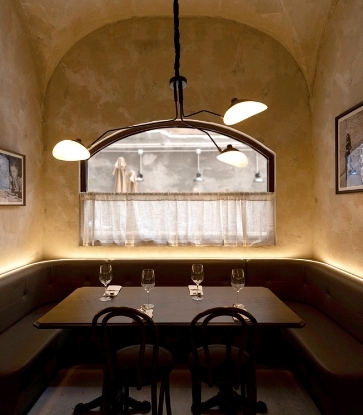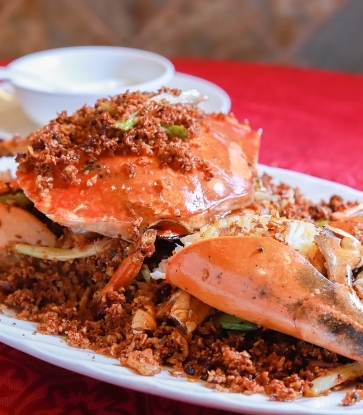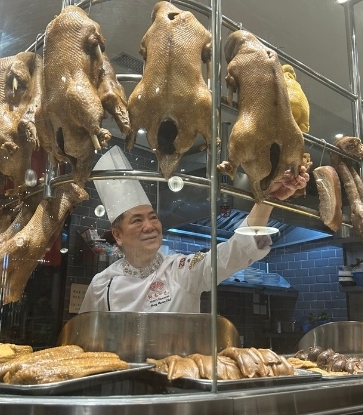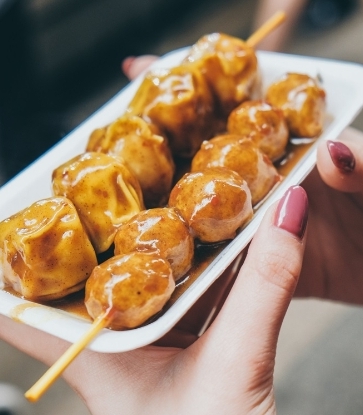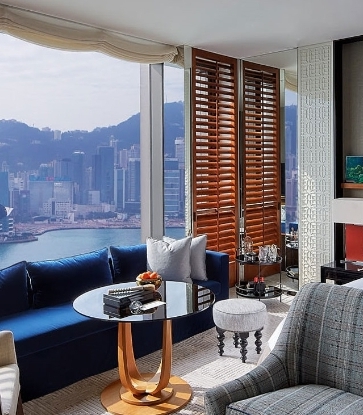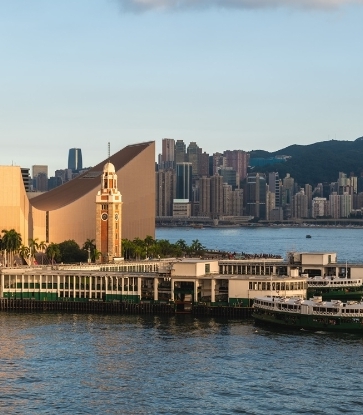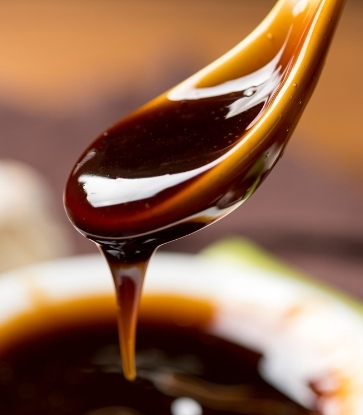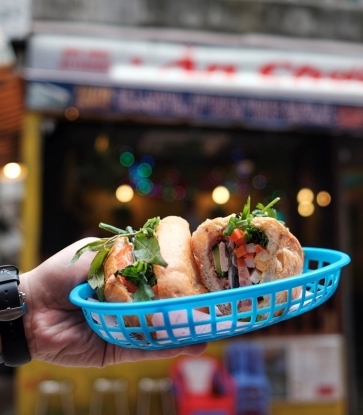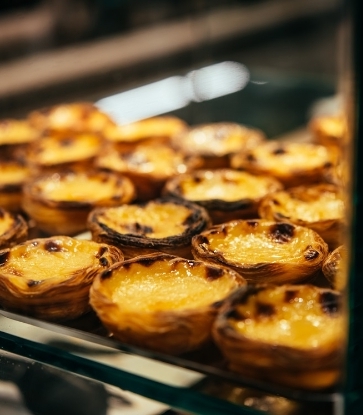Hong Kong's Roganic has embarked on a remarkable journey over the years, earning a MICHELIN Star and a MICHELIN Green Star in recognition of its commitment to sustainability and support of local producers — a philosophy championed by chef Simon Rogan, renowned for his three-MICHELIN-Starred British restaurant, L’Enclume.
Roganic is not only a MICHELIN-Starred restaurant, but also it is the first restaurant in Hong Kong to be awarded a MICHELIN Green Star. From its very inception, the restaurant has been a proponent of the sustainability movement in the industry. Head chef Adam Caterall has been a central figure in the kitchen team since the beginning, and now, under his leadership, Roganic is charting new paths on the road to sustainability.
RELATED: What is a MICHELIN Green Star?

Shining the Spotlight on Local Ingredients
All dishes on the Roganic menu are made from traceable ingredients that are sourced locally wherever possible, including the rooftop garden of Sino Plaza in Causeway Bay, where the restaurant is housed. The small urban farm produces herbs such as dill, thyme, basil, and fennel; and within the restaurant, an EvoGro system grows micro-greens such as radish and mustard sprouts for the restaurant to pick and use.

After a long sourcing process, Roganic landed upon Peter’s Seafood, a premiere local supplier with a proprietary depuration system that uses ozone instead of UV to destroy bacteria, yeast, mold, and parasites once the fish are caught and stored. The company also works with fishermen to use the Japanese ikejime method of killing fish to effectively extend its freshness for up to ten days, allowing locally caught squid, grouper, mackerel, and red snapper to be safely consumed raw or par-cooked.
The restaurant also works closely with local suppliers to source seafood from Hong Kong waters wherever possible. However, simply having local seafood bought fresh at the market may not meet the quality and consistency requirements that a fine-dining restaurant has to serve fish in all its various ways, such as aged, cooked, and sashimi.
RELATED: Autumn Crab Feasts: 5 Must-Eat Crab Dishes at MICHELIN Restaurants in Hong Kong

At Roganic, fruit and vegetables such as leeks, artichokes, cabbage, and apples are sourced from local organic farms to reduce their carbon footprint.
The full experience of the restaurant’s farm-to-table ethos is showcased at Roganic’s annual Local Heroes Dinner. The last edition saw guest chefs like Agustin Balbi of one-MICHELIN-Starred Andō and Barry Quek of modern Singaporean restaurant Whey present their creations such as Rock Lobster with Yuzu Pepper Sauce and Local Herbs, as well as Shrimp with Local Jackfruit and Pumpkin. As a nod to the local ingredients used throughout the dinner, guests were gifted a bag of seasonal fruit and vegetables to take home. (Left image: Head Chef of Roganic, Adam Catterall)

Upcycled Sips
In the past, Catterall shares, there was not much interaction between the kitchen and the restaurant’s bar, but in a fresh sustainability push, food waste from the kitchen is now up-cycled for use in the bar. Otherwise discarded parts such as fruit and vegetable peels, used coffee grounds, and leftover produce are turned into ingredients for Roganic’s non-alcoholic beverages through fermentation or steeping.
Beverage director Priscilla Tam cites the pairing of yuzu uji tea and sea bass as an example of the kitchen and bar’s synergy. Leftover yuzu peels from last year are pickled, and the fermented juice is added to uji tea that has been cold brewed for six hours. The tart and aromatic tea balances the fresh sweetness of the sea bass and pairs refreshingly with the clams, watercress, and zucchini in the dish.
In another creative pairing — duck is served with beetroot and lingonberry-infused aged pu’er, a rich pairing not unlike red wine. Beetroot trimmings are saved from the kitchen and juiced to provide colour and a vegetal sweetness to the drink, while lingonberries add fruity acidity, complementing the 14-day-aged duck meat and tart fig leaf vinegar sauce.

Eco Fashion
Roganic’s sustainable ethos runs through every detail of the restaurant beyond the kitchen. Last year, the restaurant collaborated with Hong Kong label Bettie Bespoke/Bettie Haute Couture to design new sustainably produced uniforms.
A restaurant regular, fashion designer Bettie Jiang graduated from the University of the Arts London, where she studied sustainable fashion. For Roganic, she designed the staff uniforms out of more eco-friendly materials, such as jackets made of 100% biodegradable wool and certified sustainable fabrics. The trendy olive green uniform sports a lining design inspired by the trees and kaleidoscopic patterns at the restaurant entrance, an organic form that speaks also to the healing power of nature. It stands in sharp contrast with the crisp off-white, 100% cotton shirt, paired with breathable cotton and recycled polyester pants well-suited for Hong Kong’s humidity.
Paper Innovations
In its latest move, the restaurant has replaced paper menus with wooden blocks engraved with a QR code. When paper is required, Roganic uses recycled paper from Mil Mill, a local paper mill that processes about ten tons of paper in Hong Kong every day to produce new paper products — a green company that is increasingly rare in Hong Kong.
Single-use Plastic Reduction
The most commonly used plastic in the kitchen is cling wrap. Caterall admits he cannot completely eliminate the use of plastic wrap, so he opts for Vegware’s plant-based plastic wrap, which is made from plant materials like sugarcane bagasse. In addition, the restaurant has eschewed bottled water for a Nordaq filter to reduce plastic waste.






